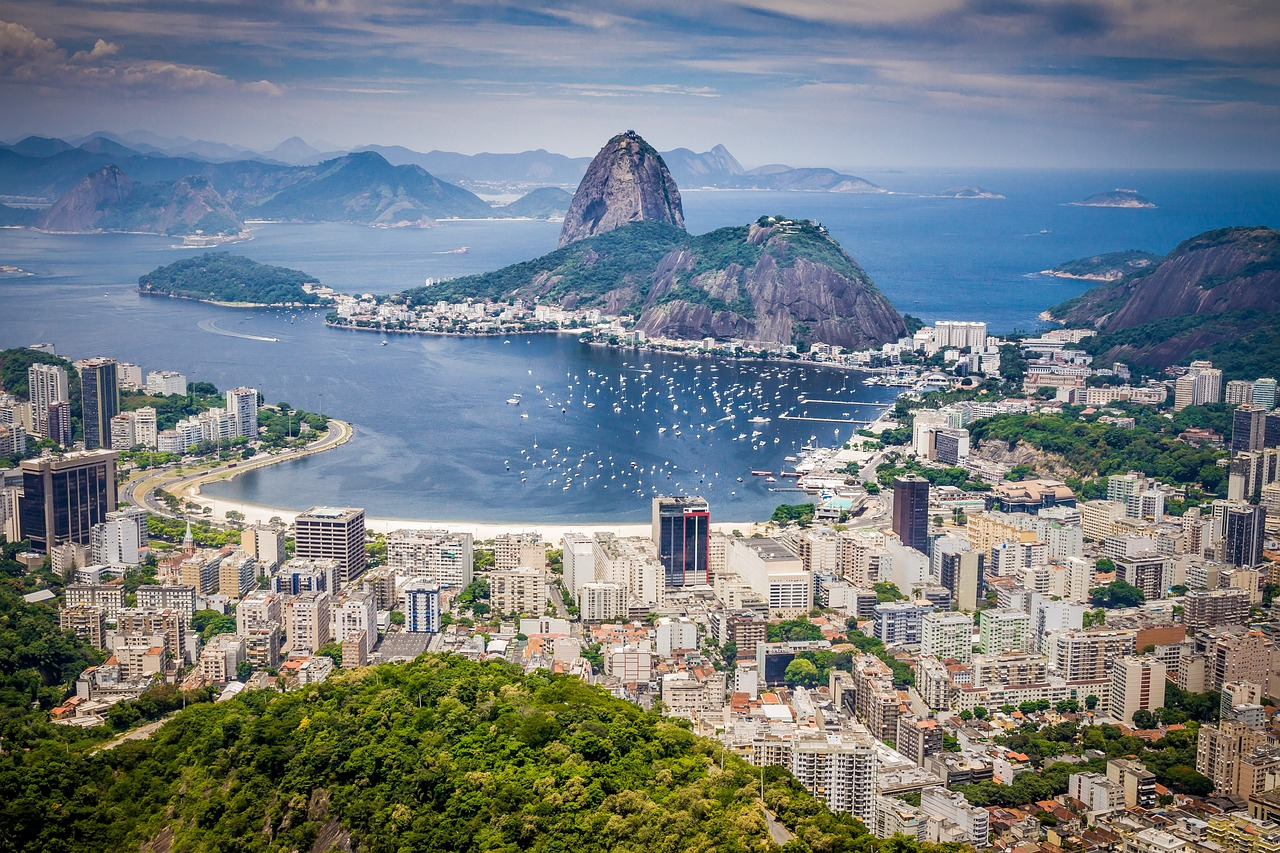Scorching Temperatures Amidst the Urban Landscape
The record heat index, a measure that accounts for the combination of air temperature and humidity, offers a more accurate depiction of the oppressive heat experienced by the city's residents. On a particular day, the temperature soared to 42°C, but the heat index value made it feel like a staggering 62.3°C. This phenomenon has pushed locals towards seeking refuge at iconic beaches such as Copacabana and Ipanema, while authorities issue guidelines to combat the sweltering conditions. The event marks a significant moment for Rio's weather history, being the highest recorded since data collection began.
Environmental and Societal Implications
Concerns grow among the citizens, with individuals like 49-year-old administrative assistant Raquel Correia voicing fears over the exacerbating effects of urbanization and deforestation on climate change. These factors contribute to the frequency and intensity of extreme weather events, including but not limited to heatwaves. In contrast, the southern parts of Brazil are experiencing severe rainfall, highlighting the erratic behavior of current climate patterns. Meteorological agency MetSul predicts continued storms and heavy rains, indicating a heightened risk for the central and southern regions of Brazil.
The record heat index experienced in Rio de Janeiro acts as a stark reminder of the urgent need for climate action. As temperatures reach unprecedented levels, combined with the threat of heavy rainfall in other regions, it becomes clear that immediate and effective measures are necessary. Addressing environmental degradation, managing natural resources wisely, and urban planning are critical steps towards mitigating the impact of climate change and ensuring a safe, sustainable future for all.
